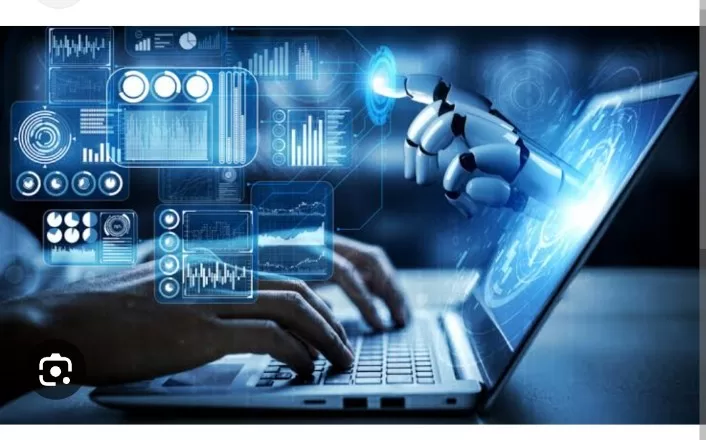In a rapidly evolving technological landscape, Artificial Intelligence (AI) has emerged as both a formidable tool and a subject of fascination, revolutionizing industries, economies, and daily lives. Yet, the question that looms large is whether AI remains the domain of the elite few, or if it can truly be democratized—accessible and beneficial to all. The premise of “AI by the people, for the people” envisions a future where AI empowers society at large, transcending economic and societal boundaries.
The promise of democratizing AI rests on three pillars: accessibility, inclusivity, and societal impact.
Accessibility: Bridging the Digital Divide
The digital divide, characterized by unequal access to technology, remains a formidable barrier. However, democratizing AI seeks to bridge this chasm. Consider these statistics:
– According to the International Telecommunication Union (ITU), as of 2021, 53.6% of the global population lacked internet access. In developing regions, this figure was significantly higher.
– In India, for instance, only 34.8% of the population had internet access in 2020, as per the Telecom Regulatory Authority of India (TRAI).
To democratize AI, initiatives like Google’s “Internet Saathi” program, which aims to empower rural women in India with digital literacy, play a crucial role. By equipping marginalized communities with the tools and knowledge to harness AI, we dismantle a significant barrier to its accessibility.
Inclusivity: Encouraging Diversity in AI Development
Democratizing AI also hinges on fostering diversity in AI development. Currently, the tech industry grapples with a lack of representation:
In 2021, only 26.3% of computer and mathematical occupations in the United States were held by women, as reported by the Bureau of Labor Statistics.
A study by Data & Society found that the AI community is predominantly male, with women comprising only 15% of authors at leading AI conferences.
To truly harness AI’s potential, diverse perspectives are essential. Initiatives like AI4ALL, which aims to increase diversity in AI education, can drive inclusive AI development. By nurturing talent from underrepresented backgrounds, we infuse fresh perspectives into AI systems.
Societal Impact: AI for Good
Democratizing AI ultimately seeks to leverage AI for the betterment of society. AI’s transformative power can be harnessed for:
– Healthcare: AI-driven diagnostics and telemedicine can bridge healthcare gaps, particularly in remote areas. For instance, IBM’s Watson for Oncology has been employed to provide expert oncology advice to physicians worldwide.
– Agriculture: AI-powered precision agriculture can boost crop yields and minimize resource usage. According to the Food and Agriculture Organization (FAO), AI can potentially increase agricultural productivity by up to 20%.
By prioritizing AI projects with a societal impact, such as AI for healthcare or agriculture, we ensure that AI serves the greater good.
Democratizing AI is not a distant dream but an urgent imperative. As of 2021, AI is a $156.5 billion industry, according to Statista. To ensure that AI benefits all of humanity, it is imperative that we seize this opportunity for equitable access, diverse participation, and societal betterment.
In conclusion, “AI by the people, for the people” is not merely a catchphrase; it’s a call to action. We have the tools, the technology, and the knowledge to democratize AI. The question is whether we have the collective will to make it a reality, to harness AI’s boundless potential and ensure it benefits every stratum of society, leaving no one behind.







